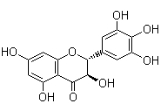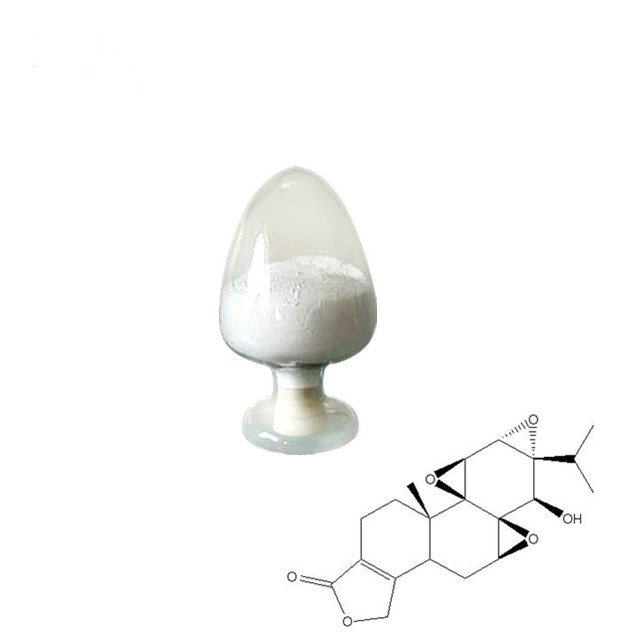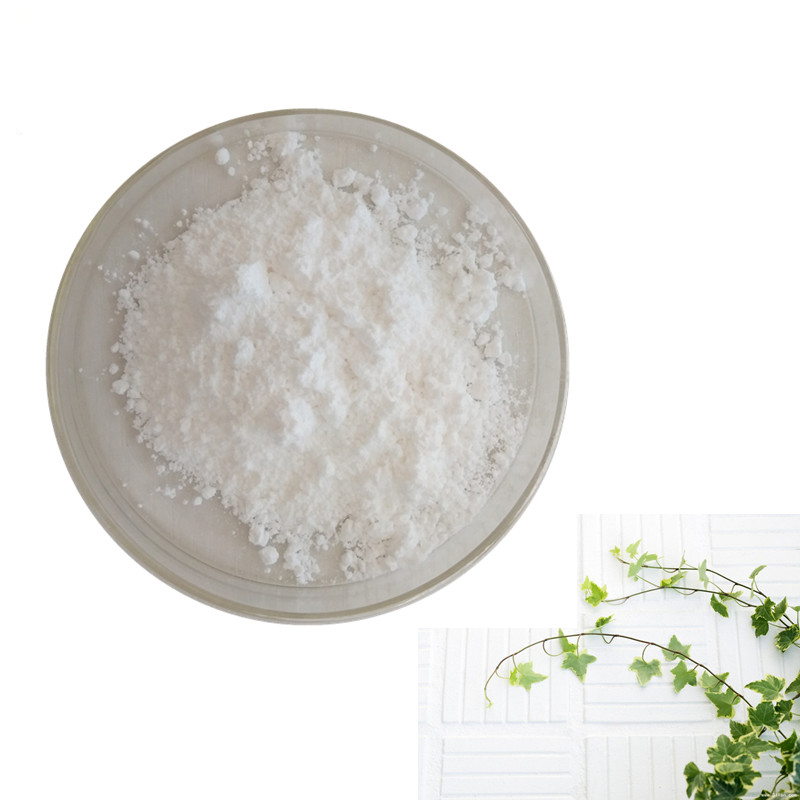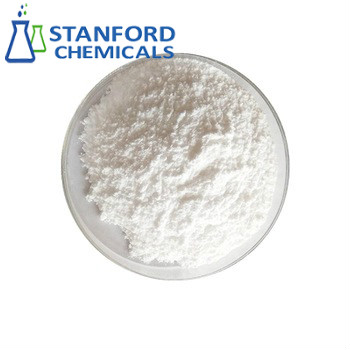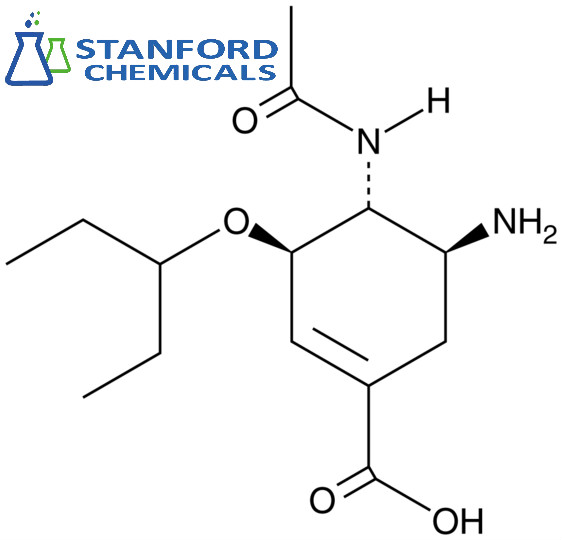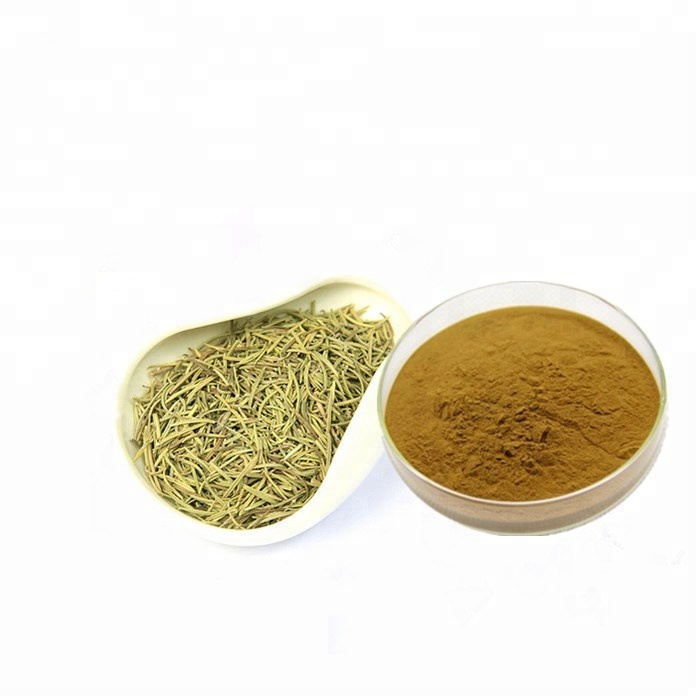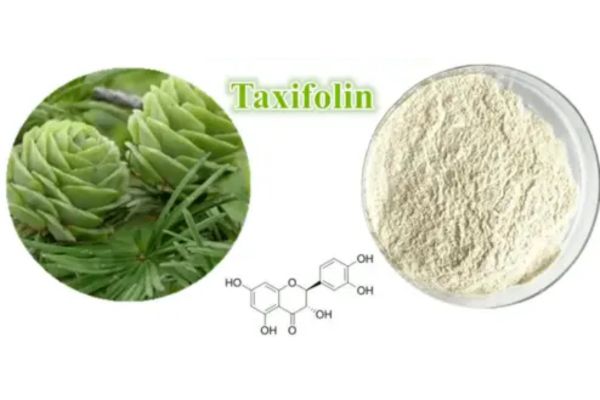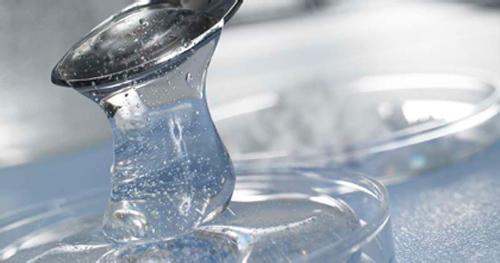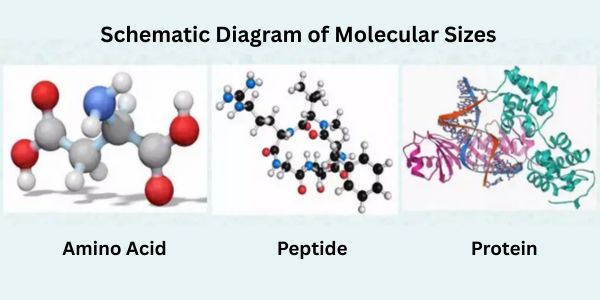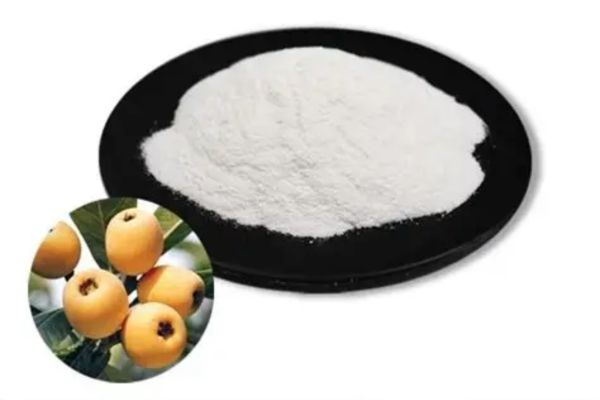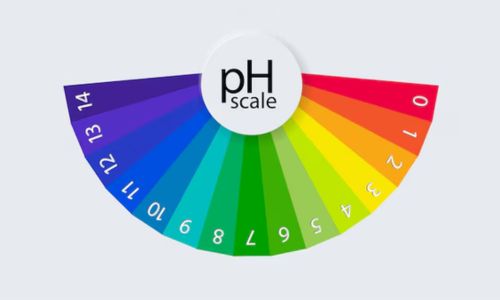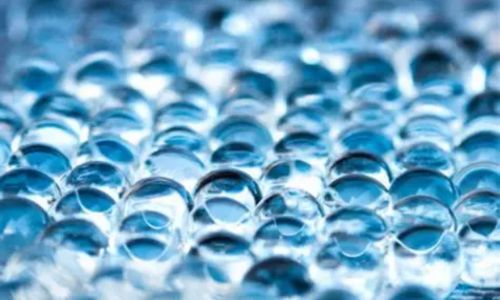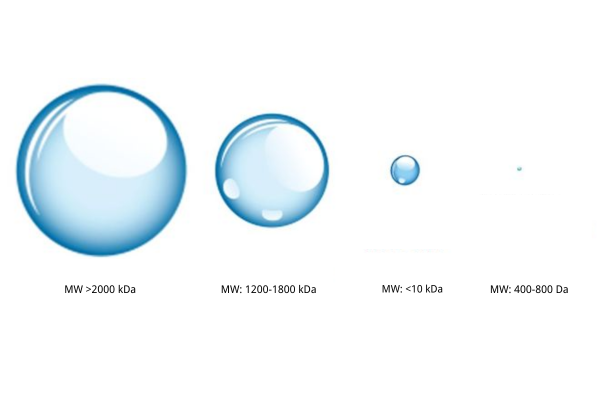What Is Citrate?
You know that tangy, refreshing taste of lemons and oranges? That's partly thanks to citric acid—a natural compound found in citrus fruits. When this zesty acid teams up with minerals like calcium, magnesium, or sodium, they form what scientists call "citrates." These versatile compounds are like the Swiss Army knives of the chemical world. Because they dissolve easily, stay stable, and play nice with our bodies, you'll find them working behind the scenes in everything from sodas to medications.
Citrates generally exhibit the following properties:
- High water solubility: Easily dissolves in water, making it suitable for liquid medications or food additives.
- Chelation: Binds metal ions to prevent oxidation or precipitation, serving functions like anticoagulation and water softening.
- pH regulation: Some citrates are weakly alkaline and can adjust the acidity or alkalinity of food or pharmaceuticals.
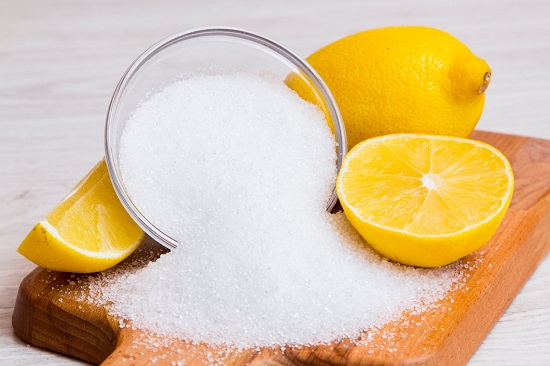
Why Are Citrates Important?
Citrates play a crucial role in food, pharmacy, chemical technology, and biological metabolism.
- They are widely used in food processing as preservatives, acidity regulators, and stabilizers.
- They have critical roles in the medical area, which include:
- Sodium citrate in blood transfusions to prevent clotting,
- Calcium citrate for calcium supplementation,
- Ferric Citrate for iron supplementation,
- Potassium citrate for the prevention of kidney stones,[1]
- Magnesium citrate for treating constipation.
- They are also significant players in biological metabolism. Citrate is a critical intermediate of the tricarboxylic acid (TCA) cycle in human organisms, with a direct role in energy metabolism.[2]
- Owing to their metal-chelating property, citrates find applications in heavy metal removal in industrial wastewater treatment.
4 Common Types of Citrates
Different citrates have different applications and activities depending upon which metal ions they chelate.
1. Sodium Citrate
Sodium citrate is the most important citrate, which is produced primarily by fermentation of starchy material to yield citric acid and then neutralizing it with alkaline substances. Since its raw material is grain, it is totally safe and innocuous to human health.
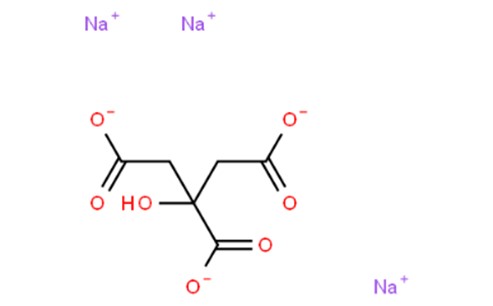
Sodium citrate finds application in a wide range:
- Anticoagulant: Used in blood transfusion or storage by chelating calcium ions with a view to preventing clotting.
- Retarder: Similarly, in construction, sodium citrate can be added to concrete as a retarder, improving freeze resistance, compressive strength, and tensile performance.
- Food additive: Controls acidity (e.g., in carbonated drinks, jams) or acts as an emulsifier (e.g., in cheese).
- Urinary alkalinizer: Prevents uric acid stones and enhances the solubility of certain drugs (e.g., antibiotics).
- Electroplating: Environmentally friendly, low-maintenance, minimally corrosive, high-quality coatings are the outcomes of neutral citrate nickel plating.
2. Magnesium Citrate
Magnesium citrate is a compound of magnesium carbonate and citric acid. Doctors often prescribe it as a supplement for magnesium deficiency. Magnesium citrate has better absorption and bioavailability compared to magnesium oxide or sulfate. Medically, it draws water into the intestines to cause motility and thus is a good laxative to relieve constipation. 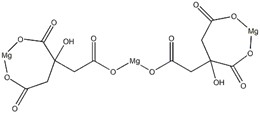
Functions:
- Laxative: High doses promote bowel movements for constipation or colon cleansing.
- Magnesium supplement: Prevents magnesium deficiency. Magnesium is the fourth most abundant mineral in the body, half of which is deposited in bones and teeth, and the rest in tissues and vital organs. It aids in the production of energy, supports brain and heart function, and helps maintain stable blood pressure.
- Food stabilizer: Included in beverages and nutritional supplements.
3. Calcium Citrate
Calcium citrate is an organic food supplement compound. It is better absorbed than inorganic calcium and is used as an ingredient in numerous foods like infant formula, juices, dairy, powdered drinks, sports beverages, milk, soy milk, supplements, and cereal. Its absorption is stomach acid-independent, so it is suitable for people with low stomach acid, particularly when taken on an empty stomach.
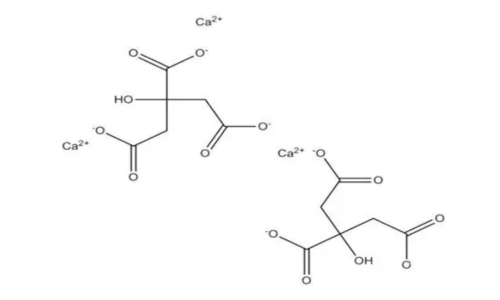
4. Ferric Citrate
Ferric Citrate(Iron citrate)is an iron ion-citric acid compound FeC₆H₅O₇. It is a water-soluble iron salt widely used in medicine, food fortification, and industry. 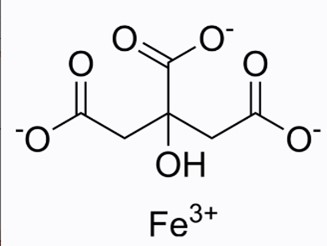
Applications:
- Iron supplement: For the treatment of iron-deficiency anemia. Kindler is on the stomach than ferrous sulfate.
- Food fortifier: Applied to cereals and powdered milk to fortify with iron.
- Water treatment: Applied to remove heavy metals or phosphates from water.
Comparison with Other Iron Supplements:
| Type of Iron Supplement | Advantages | Disadvantages |
| Iron citrate | Better absorption, less GI irritation | Lower iron content |
| Ferrous sulfate | High iron content, low cost | May cause constipation/nausea |
| Ferrous fumarate | High absorption, fewer side effects | Low solubility |
| Polysaccharide-iron complex | Minimal GI irritation | Expensive |
Stanford Chemical Company (SCC) is a trusted supplier specializing in hyaluronic acid, herbal extracts, and food additives. We provide high-quality citrates tailored to your needs. For more product details, please visit: Citrates
People Also Ask
Q1: What’s the difference between citrate and citric acid?
A: Citric acid is a free acid with a sour taste, while citrates are its metal ion-neutralized forms, typically less bitter in flavor and more practical.
Q2: Does magnesium citrate really relieve constipation?
A: Yes. High-dose magnesium citrate increases intestinal water content, allowing for bowel movements. It's typically taken for temporary constipation relief or colon cleansing.
Q3: Which is better for calcium supplementation—calcium citrate or calcium carbonate?
A: Low stomach acid patients should take calcium citrate. Calcium carbonate is of greater calcium value but has to be taken with food for optimal absorption.
Q4: Why does sodium citrate prevent blood clotting? A: It sequesters calcium ions, which are essential for clotting, in the blood and does not allow coagulation. That's why it's used with blood storage for transfusions.
Q5: Are there natural sources of citrate?
A: There are trace amounts of natural citrates found in citrus fruits, but industrially used citrates are chemically synthesized.
Read more: Case Study: SCC Supplies Ferric Ammonium Citrate with 20.5-22.5% Iron Content


